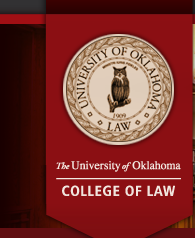Document Type
Article
Publication Date
2022
Publication Title
Northwestern University Law Review Online
Abstract
The aim of this Essay is to introduce an intellectual property angle to a current controversy that has been understood to be a matter for antitrust law. The controversy arises when a platform company--most famously Amazon--uses its platform to host a marketplace for independent retailers while simultaneously hosting itself as a retailer on the platform, thus competing as a retailer with an inside advantage. Critics say this setup allows platform firms to cherry-pick the best product ideas from small, independent retailers and then hijack their sales. This Essay seeks to advance the conversation about this controversy, making at least four contributions. First, this Essay shows that the complained-about problem--in which platform providers take sales away from platform participants--is not best understood as a competition-harming concern but as an innovation-harming concern. Second, and following from the first point, this Essay suggests such problems are productively viewed as challenges for the domain of intellectual property law rather than, or in addition to, the domain of antitrust law. Third, this Essay explains how the particular anti-innovative harm in this area is to soft innovation, which is distinguished from the type of hard innovation that is the principal concern of copyright and patent law. Previously, such soft innovation has been incentivized by the lure of supracompetitive profits that are sustained by market friction, often spoken of as "first-mover advantage." The reduction of that market friction by way of technology-enabled platform commerce has had the effect of subverting the innovation incentives that naturally existed in the brick-and-mortar world. Fourth, this Essay provides an initial foray into thinking about how a new intellectual property entitlement should be designed. To that end, this Essay identifies various ways of attempting to ensure that a newly created intellectual property right in this area does not do more harm than good.
Volume
116
First Page
306
Recommended Citation
Eric E. Johnson, An Intellectual Property Fix For Platform Salesjacking, 116 Nw. U. L. Rev. Online 306 (2022).
